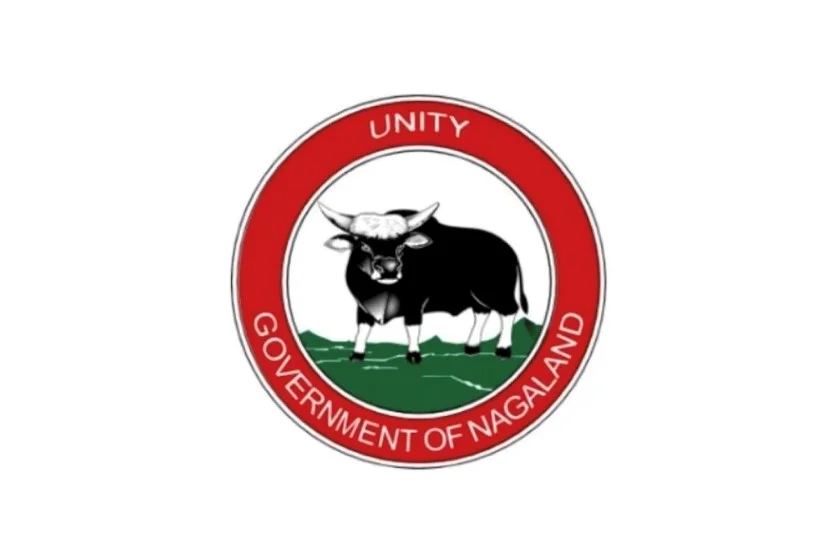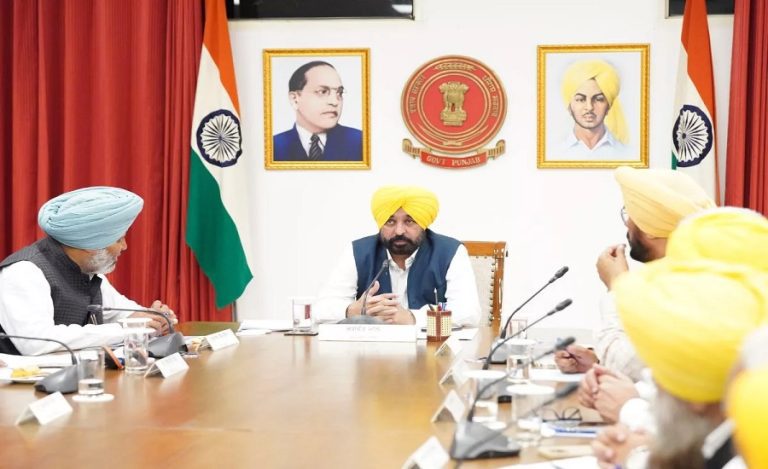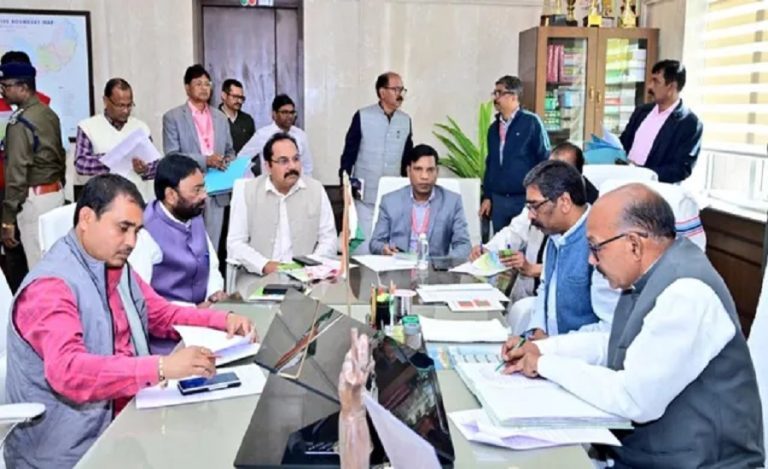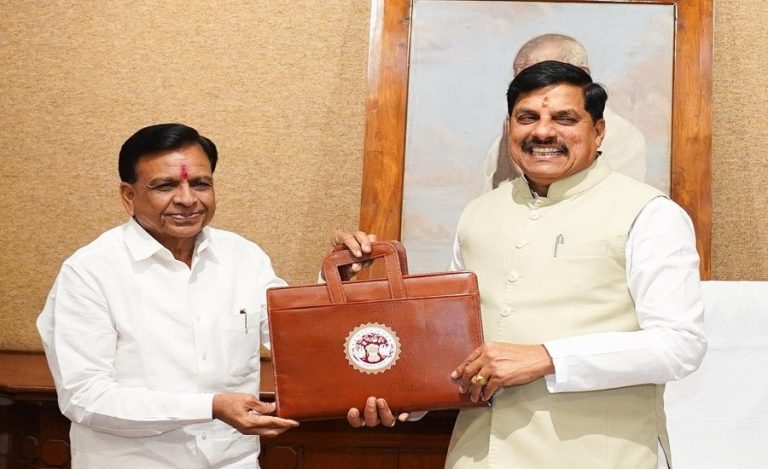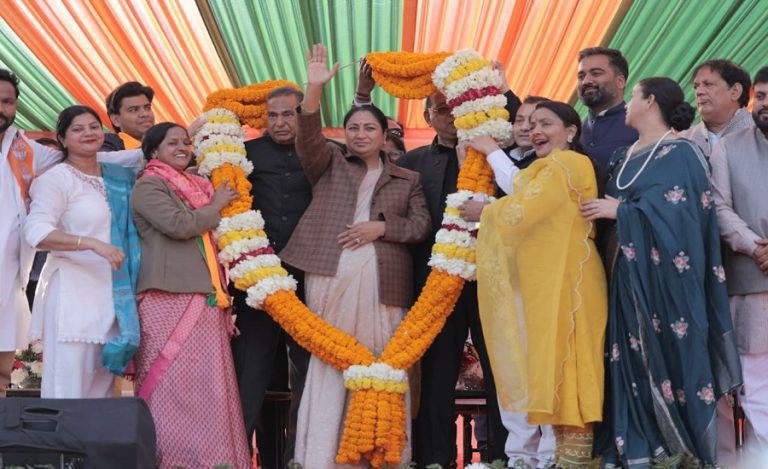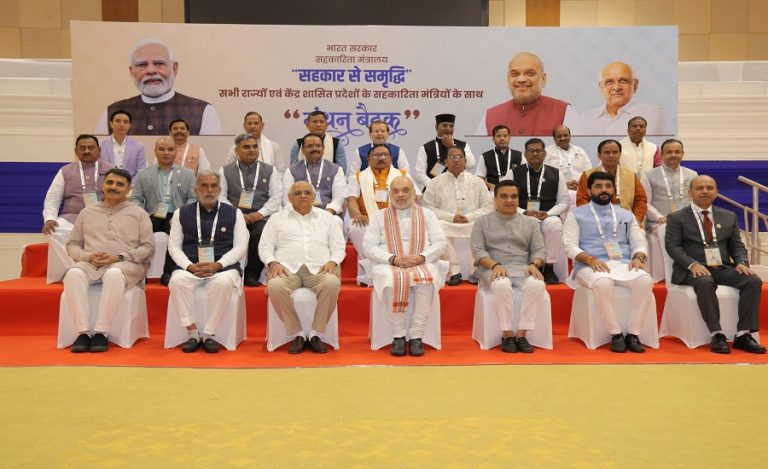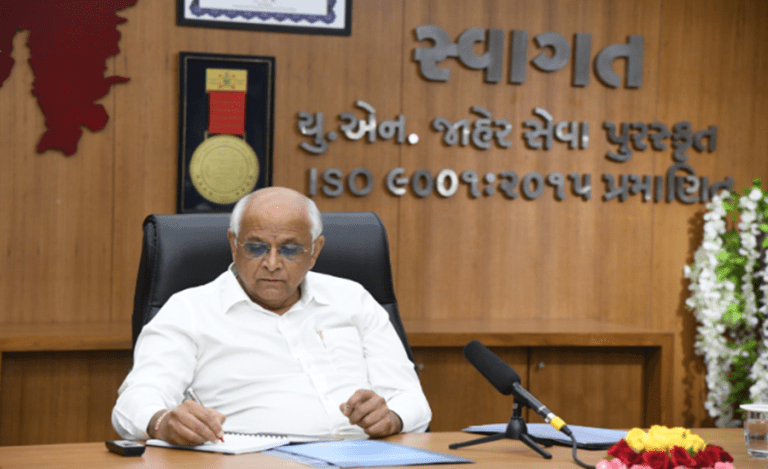Kohima— In a landmark meeting, the Nagaland Cabinet confronted multiple flashpoints: the controversial IAS induction process, longstanding reservation demands, and the delicate Frontier Nagaland Territorial Authority (FNTA) issue.
ISSUES UNFOLDED: IAS, RESERVATION, FNTA
The uproar began when a March 10, 2025 circular mandated NPSC entry for IAS induction, conflicting with established rules. The Cabinet admitted this was a procedural lapse, since the circular was neither cleared by the Chief Minister nor the full Cabinet.
The advertisement was later withdrawn and replaced on March 27, removing the restrictive clause — restoring clarity to the IAS selection path.
On reservation, the Cabinet has reconstituted the Commission for Review of Reservation (formerly “Job Reservation Commission”) to study demographic, employment, and social equity aspects beyond mere job quotas.
Regarding FNTA and demands from the Eastern Nagaland People’s Organisation (ENPO), a joint subcommittee of the P&AR department and ENPO representatives was formed to iron out critical administrative and funding mechanisms.
IAS RESERVATION: KEY DECISIONS & TIMELINES
A new subcommittee was formed under Deputy Chief Minister T.R. Zeliang (with Y. Patton, Metsubo Jamir, K.G. Kenye, and the Chief Secretary) to meet agitating associations by October 20.
Read also: Nagaland Government Employees Begin Three-Day Pen-Down Strike Over IAS Induction Controversy
The reconstituted reservation review panel will be chaired by Retired IAS officer Rama Krishna, with ex-officio members from key departments. Its mandate spans six months and wider social/demographic parameters.
In public remarks, Minister K.G. Kenye emphasized that “merit, integrity, performance, and experience” — not the entry path — should guide IAS induction.
On FNTA, most points between the State and ENPO are settled, but critical ones like funding, dissolution of the FNTA Executive Council, and cadre appointments still require negotiation.
The state government reaffirmed that Article 371(A) will not be touched or amended; any special provisions may be introduced via a separate chapter or ordinance under state law.
IAS RESERVATION: CHALLENGES & PUSHBACK
Some tribal bodies have expressed concern over the composition of the review commission, particularly the inclusion of civil society groups in a body reviewing job reservation policy.
Read also: Who Is IAS Sentiyanger Imchen, the New Chief Secretary of Nagaland ? – Know More About Him
The 5 Tribes Committee (CoRRP) has warned against delays or extensions of commission tenure and demands immediate implementation of its recommendations.
WHY THIS MATTERS
1. Reclaiming institutional trust — Correcting the IAS induction misstep restores confidence in bureaucratic processes in Nagaland.
2. Holistic reservation reform — By going beyond just job quotas, the state aims for inclusive policies reflecting social realities.
3. Balancing autonomy & unity — FNTA talks show the state’s willingness to negotiate regional demands without altering constitutional safeguards.
4. Political stability — Timely action may defuse agitation by civil society groups and tribal bodies, preserving governance continuity.
FUTURE OUTLOOK
The Nagaland Cabinet’s swift response signals intent to resolve lingering administrative and political standoffs. With subcommittees mobilized and review bodies rebooted, the state may yet offer a template for negotiated autonomy paired with constitutional integrity. However, the success will depend on responsiveness, transparency, and trust-building with tribal stakeholders and civil society.

